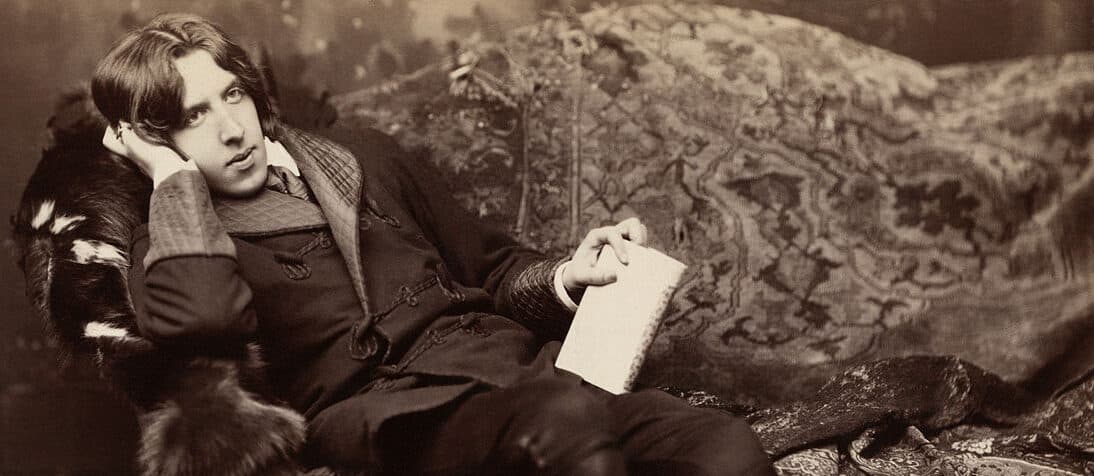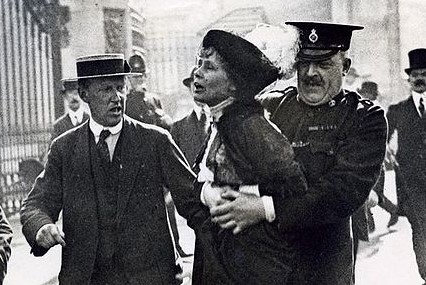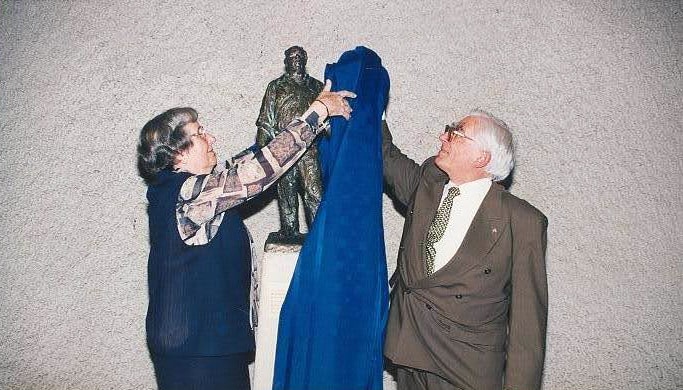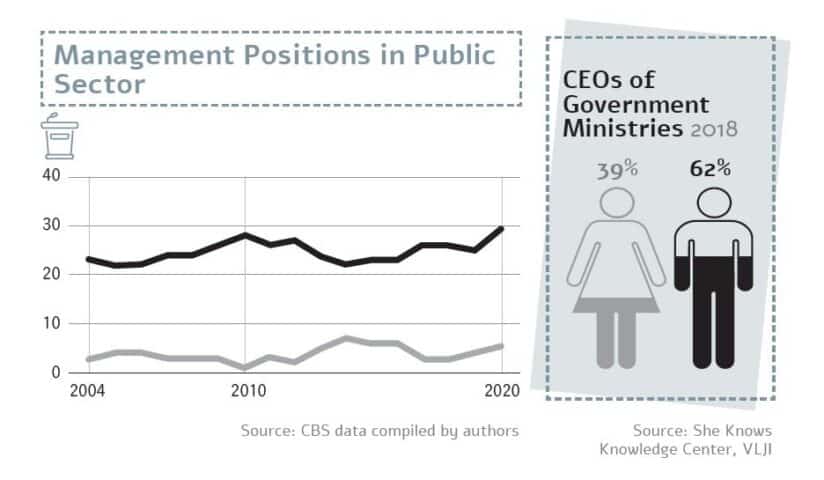Insubordination as the basis of independent thought
Dr. Yochi Fischer | 03.01.2021 | Photo: Oscar Wilde

Imagine a world without heresy. A world in which Galileo Galilei, Martin Luther, Emmeline Pankhurst, and many others, would not have allowed themselves to speak out and spread their beliefs. We can't even imagine such a world. If we could not look up to those insubordinate and brave figures, we would not be who we are today. The symbols of modernity through the ages came into being by doubting the obvious. The meaning of doubt is denial of conventions and truths.
What, then, is heresy in a post-truth world? The change in our cultural attitude towards heresy is in a sense the story of modernity. In the pre-modern world of thought, religious heresies were a constant and consistent threat and represented a permanent temptation towards cognitive and moral error and its catastrophic consequences. As if someone today would deny climate change or base science on race. It is both factual and moral heresy.
In the modern world, essential doubt and denial of the most fundamental truths became the basis of the thought which allowed the emergence of secularized cultures. Modern awareness sought to shape an autonomous individual who would develop independent thought, open inquiry, and doubt of the obvious.
The concept of heresy in the secularized world became the mark of moral integrity, courage, and hope for a just future. Modernity likes heretics. Some of them are among our most important cultural heroes. They were usually elevated to that status generations after their shows of heresy. Modernity hailed people such as Isaac Newton or Galileo Galilei, despised the religious establishment that tried to limit them, and shuddered at the thought of what might have happened had it succeeded in silencing them. We glorify the works of artists such as Dante or Oscar Wilde, who revolted against the conventions of their time, whereas the conservatives who persecuted them are scorned. We admire the personal and political courage of people such as Mahatma Gandhi, Mary Wollstonecraft, Emmeline Pankhurst, and Martin Luther King, who did not surrender to the conventions or spirit of the times and created unprecedented political and social movements, both in their modes of action and the degree of their success.
In modern culture, orthodoxy – any orthodoxy: religious, political, scientific, social or artistic – is perceived as something that it is necessary and important to challenge. Therefore, heresy as a status is by definition unstable. There is no modern heresy that could persist over time. Either it prevailed and became orthodoxy, or disappeared.
But what happens to society in the 21st century, a postmodern world where the beliefs themselves have lost their stability? Where there are no beliefs, no ideologies, and no more sacred cows to slaughter? Is it possible to maintain a modern culture without the possibility of heresy? What are the roles of heresy in the new contexts of secularism and religiosity? What is the difference between heresy and loyalty? What is the meaning of culture without the possibility of heresy?

Heretical Thoughts as an idea that is at the roots of modernity and secularity, is connected to our belief at the Van Leer Jerusalem Institute in the need of Israeli society to take a fresh look at its secularity, and necessarily also its religiosity, deeply, and with an eye on the future. The series “Thoughts of Apostasy” offers a look at a range of possibilities of heresy (in different religious, ideological and identity frameworks), their limits, heresy that becomes establishment, and especially the way heresy functions in today's era of secularization. The lectures offer philosophical, artistic and creative connections in culture and history, and even discuss heresy in the contexts of contemporary hip-hop music culture.
To view the lecture series “Heretical Thoughts:”
- Part Time Apostates, Prof. Aviad Kleinberg
- Heretical Thoughts on the Secular Foundations of Modern Political Thought, Dr. Meirav Jones
- Modernity as the Second Coming of Heresy, Dr. Pini Ifergan
- Heresy in North American Jewish Life, Rabbi Prof. Arthur Green
- The Assault on God in Israeli Art, Dr. Gideon Ofrat
- Countering Secular Dogmatics: Criticism of Secularization in Contemporary Christian Thought, Dr. Karma Ben Johanan
- Full Attention: Zealot Apostasy and the Possibility of Faith in Western Buddhism, Dr. Esther Peled
- Heresy in Modern German Jewish Thought: Freud as a Test Case, Dr. Gilad Sharvit
- In the Beginning Was the Earth Unformed and Void? Heretical Thoughts, Samira Saraya
- Questions of Heresy, Sacrilege, or Post-Secularism in Contemporary Art, Dr. Gal Ventura
- Sabbatianism: The Boundaries of Faith and Heresy, Dr. Maoz Kahana




